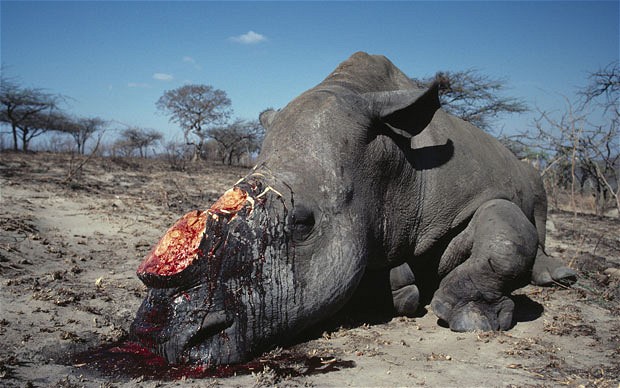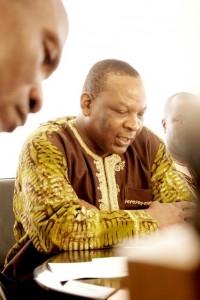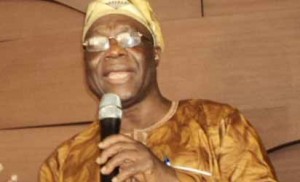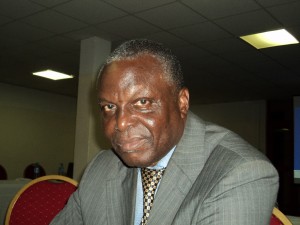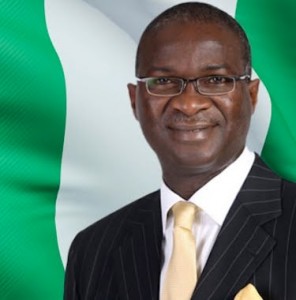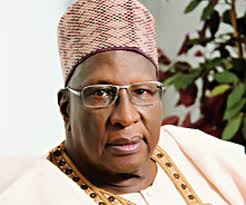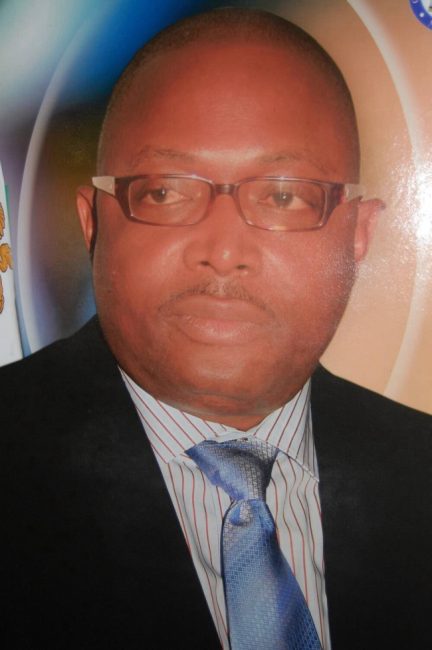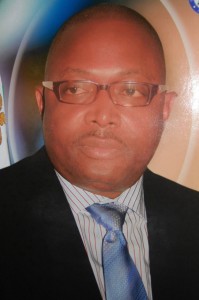Illegal wildlife trade, including poaching has been identified as a major source of funding for the deadly terrorist organisation Boko Haram, a new report by the New Scientists has said.
The illegal trade, it has also been found, rake an estimated $20 billion a year from sale of ivory, rhino horn and tiger penis, part of which the report said is used to fund Boko Haram and their violent ideology.
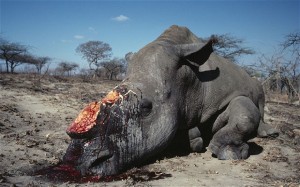
Writing under the headline ‘How wildlife crime links us all to conflicts in Africa’ in a recent online version, the scientific journal disclosed that 23,000 African elephants were killed for their tusks last year, adding also that, “like many terrorist organisations in Africa, Boko Haram is funded by sales of illegal ivory.”
It also pointed out that elephant poaching, which is usually considered a conservation issue, is increasingly becoming a national security and humanitarian concern. Citing a recent report from Born Free USA and data analyst C4ADS, as stating that “ivory has become the “bush currency” militants, terrorists and rebels use to buy weapons and fund operations. Government corruption is thought to play its part too.”
Most of the ivory, it wrote, ends up in East Asia, where demand is high and rising, with a single tusk being sold at $15,000.
On the link between the abduction of more than 200 girls by Boko Haram in Borno and the 23,000 African elephants killed for their tusks last year, the journal wrote; “On the surface all these crimes have in common is that they happened on the same continent. But there is an intimate connection: like many terrorist organisations in Africa, Boko Haram is funded by sales of illegal ivory.”
“The fact that ivory is used to bankroll conflicts provides yet more ammunition that conservationists should exploit,” the report added.
“Of course, the ivory trade is only one part of a web of wildlife crime that is itself part of a global criminal network dealing in drugs, weapons and people.
“Cutting demand for ivory won’t on its own defuse Africa’s conflicts. Militants will simply plunder other resources such as hardwood or the mineral coltan, which may end up as furniture in your house or electrical components in your cellphone,” it noted, while highlighting other products that could be illegally traded for terrorism sponsorship.
By Onche Odeh

